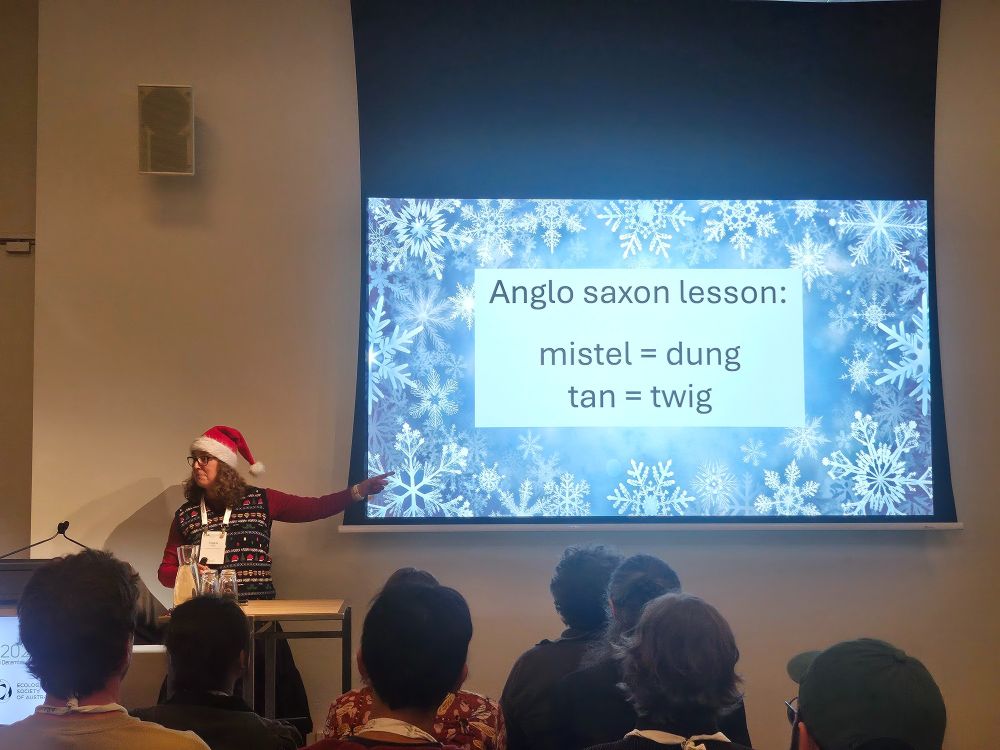Applications are now open for the ESA/UNSW prize for inspiring ecology teaching. We started this prize to recognise great teachers, and share good ideas so we can all improve our teaching. If you are/know of an inspiring ecology teacher, please nominate. www.ecolsoc.org.au/grants-award...
ESA/UNSW Prize for Inspiring Ecology Teaching - Ecological Society of Australia
ESA/UNSW Prize for Inspiring Ecology Teaching Applications will open between 1 March and 30 April each year via this webform. This prize is open to members of the Ecological Society of Australia. It i...
www.ecolsoc.org.au
Reposted by Angela T. Moles
🌸🌞 #PlantReproductionWeek⏳
Species that require long-day conditions to flower are not advancing their flowering phenology as fast as species without photoperiod requirements by Karen Zeng et al. in @annbot.bsky.social
#openaccess article
👉 doi.org/n5qk
@angelamoles.bsky.social
#PlantScience
Species that require long-day conditions to flower are not advancing their flowering phenology as fast as species without photoperiod requirements by Karen Zeng et al. in @annbot.bsky.social
#openaccess article
👉 doi.org/n5qk
@angelamoles.bsky.social
#PlantScience

I accidentally recreated the evolution diagram with this picture from our family holiday 🙂

Someone brought this blue dragon (Glaucus atlanticus, a type of sea slug) to the surf lifesaving tent at Coogee beach while I was on patrol yesterday. These cool things eat bluebottles and store up the stings, so don't touch!

Sorry Kimberly. We still have LOTS of species and communities that need listing, unfortunately. Do you know anyone who could help you to nominate them for consideration by the NSW threatened species scientific committee?
Check out the NSW saving our species shiny new catalogue of research needs - what a cool tool 🙂 www2.environment.nsw.gov.au/topics/anima...
www2.environment.nsw.gov.au
Reposted by Angela T. Moles
@angelamoles.bsky.social just brought me so much joy, being Christmasy and giving me to perfect intro to mistletoe, which I know nothing about. She discussed the importance of going out and testing theories (in this case to work out where mustletoe likely grows in trees) 🎄🌲 #ESAus2024



